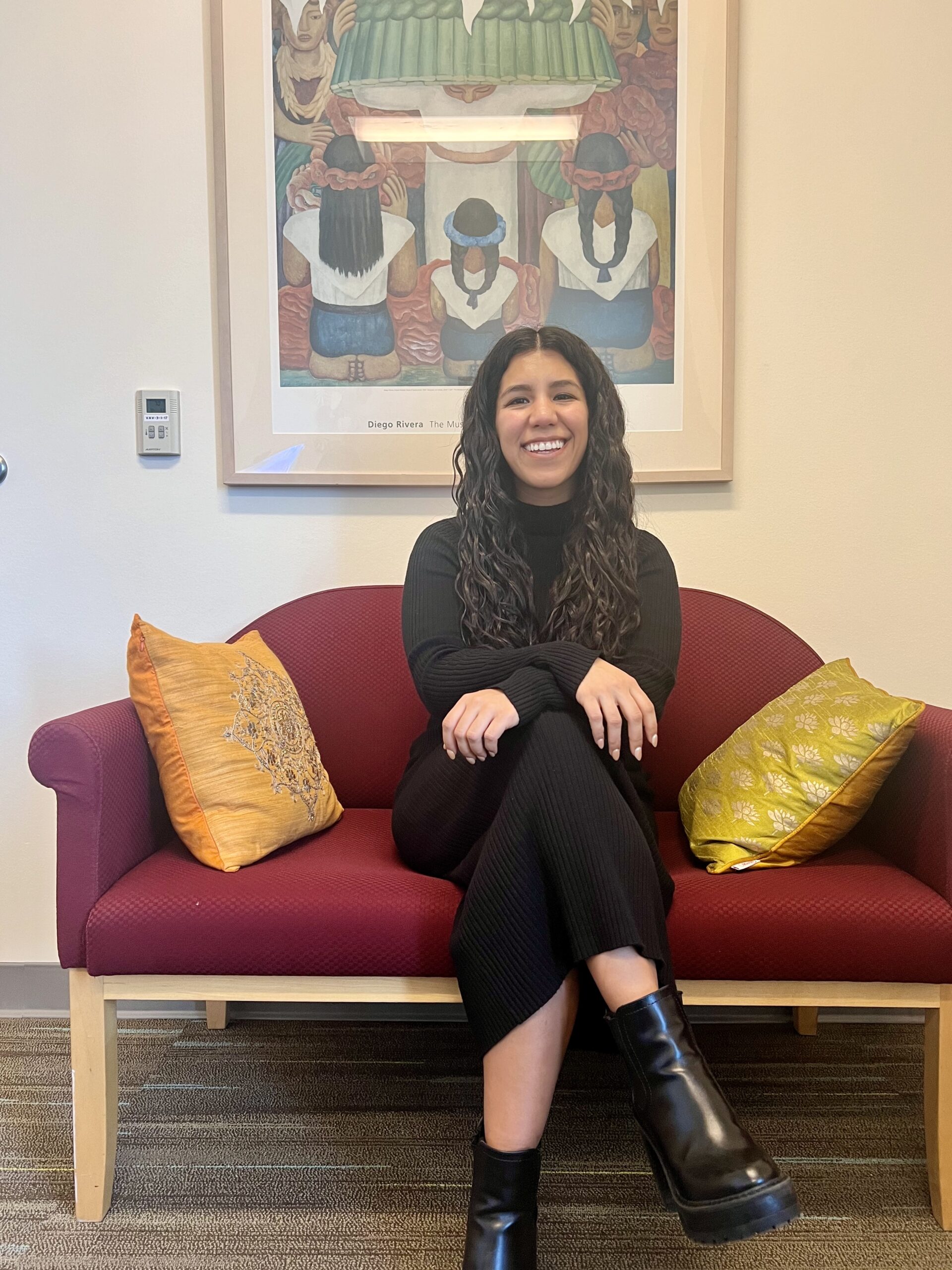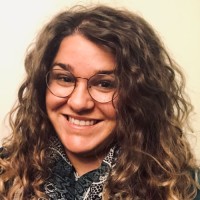While searching for services or programs that represent exemplars of culturally informed care, our MHTP JEDI Trainee Liaison, Jacky Fuentes, came across a culturally responsive trauma track in Richmond. In this article, Jacky describes this very special track and its very special developer, Ashley Basualdo.
Ashley Margaret Basualdo (she/her/Ella) is a Licensed Social Worker at the Richmond Child and Adolescent Department. She earned her Master’s in Social Welfare from UC Berkeley in 2020 and began her career at Kaiser in 2022. Since then, she has served in various capacities: ADHD assessments, eating disorders treatments, focused treatment, and behavioral medicine, providing culturally responsive care via individual, family, and group therapy while also being a part of the Feedback-Informed Care work group.
Most recently, Ashley took the self-initiative to spearhead the implementation of a Trauma Track at the Richmond site and is motivated to expand trauma treatments across clinics. The trauma track is set to provide services to children and youth across developmental stages ranging from child-parent therapy to Trauma-Focused CBT. Within these practices, Ashley hopes to incorporate somatic healing and provide parental support groups so that parents obtain foundational psychoeducation to understand and support their children.
“I am committed to ensuring that we do more to treat trauma, in particular in what I view as being the most vulnerable population, children and youth,” stated Ashley. She explained that being aware of the trauma track at the Oakland Clinic and its positive impact on patients, she wondered why “Richmond did not have one.” Because “trauma is not isolated to location,” Ashley advocated and got managerial approval to expand therapeutic programming at Richmond. She is working collaboratively with trauma therapists and managers to ensure the Richmond track is as strong as the one in Oakland. Ashley firmly believes “in the transformative power therapy can have in surviving a traumatic event, and the healing that can occur.” For these reasons, she hopes that patients are seen and valued as individuals and that our trauma approaches are flexible to meet their needs. Trauma treatment is not a one-size-fits-all approach and should be centered on the individual patient. Ashley’s biggest hope for the implementation of the trauma track is to challenge the “stigma in trauma and attaining therapy” as she believes “there should never be a stigma around surviving and healing. Whoever learns about or is a part of [this track], I hope they gain the concept of radical hope, despite and because of what they have survived”.
Ashley’s visions to expand trauma interventions are especially relevant given her various professional trainings in and providing evidence-based trauma interventions across various Bay area settings. Her master-level internship experiences at the Oakland Family Justice Center affiliated with the UCSF Child Adolescent Center introduced her to trauma frameworks and skills in treating child abuse, sexual assault, and domestic violence. During her time at the UCSF Child and Adolescent Services, she supported the healing of newcomer youth experiencing complex trauma in school settings. Ashley was also previously a Pediatric Oncology Social Worker at Lucille Packard. She gained a complex understanding when working in a medical environment while learning about medical trauma and grief.
Trainees in Richmond can learn a great deal working alongside seasoned staff and clinical supervisors in our mental health clinics and innovative therapists, such as Ashley Basualdo, are an invaluable component of their training experiences.
Contributed by Jacqueline Fuentes, M.Ed., MSW – Psychology Doctoral Intern/ JEDI Trainee Liaison -Oakland/Richmond Kaiser





